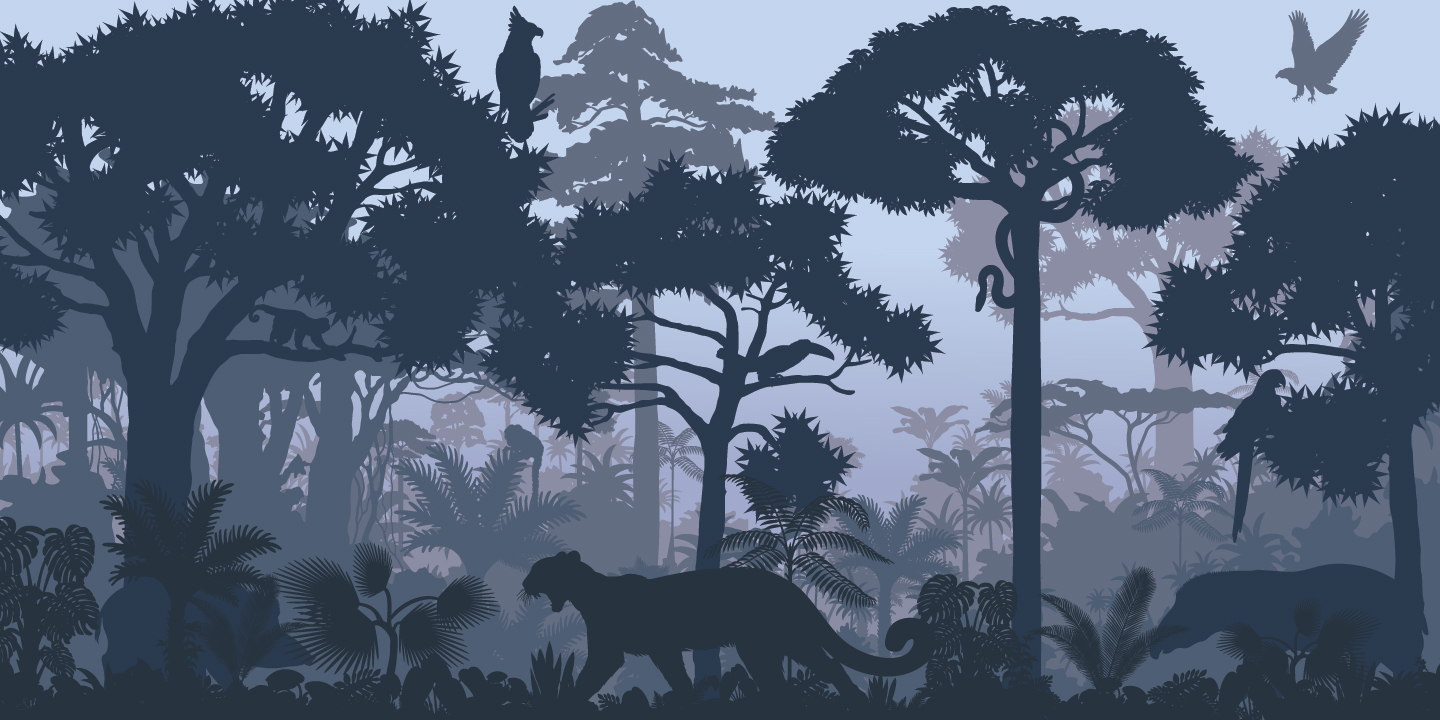Ecology vs. Environmental Science: What's the Difference?
What is the difference between ecology vs. environmental science? Saint Leo University compares and contrasts these two specific areas of the science field.

What is the difference between ecology vs. environmental science? Saint Leo University compares and contrasts these two specific areas of the science field.

When it comes to studying science, the number of disciplines truly runs the gamut. There are some broader disciplines and others that are more specific to certain areas of study.
One such area of the science field in which there might be some lack of clarity surrounds ecology vs. environmental science. There are certainly similarities between these two fields, but there are also some important differences to note. Let's explore the similarities and differences between ecology and environmental science.
Let's start with the bigger picture of environmental science. As an interdisciplinary academic field, environmental science weaves together the concepts of the biological, physical, and chemical interactions within an environment.
Several specific science fields can be classified under the umbrella of environmental science, including:
Environmental science takes all of these disciplines into account and explores how they each relate to the environment and to each other. It also looks at both naturally occurring and manmade challenges previously and currently facing the varying environments of the Earth, along with discussions and theories on ways in which solutions to these challenges can be designed and implemented.
As a branch of biology, ecology can be defined as a concentration within the broader field of environmental science. Ecology primarily examines how living organisms interact with each other and with their physical environments.
There are four main levels to ecology. These include
As such, ecology is a field with a more narrowed focus compared to the vast array of disciplines within environmental science. Specifically, ecology seeks to understand the important connections between plants and animals, as well as the habitats in which these organisms are found and how they behave in these environments. An environment comprised of both living organisms and non-living components is often referred to as an ecosystem. There are many factors that make up an ecosystem and how organisms interact with their environments, and the study of ecology looks closely at these factors.
For instance, an ecologist could study something as simple as how bacteria grow in a fish tank to the complex factors at play among the many animals and vegetation in a tropical rainforest. Regardless of the environment, there is always something occurring or changing – and a reason behind what causes these changes.
Saint Leo University offers a bachelor's in biology with a specialization in ecology degree program. In this program, students learn how various species interact with each other and their environments to form complex natural communities.
Examples of courses in this ecology degree program include:
The courses offered in this degree program are rooted in the concept of practical experience through "learning by doing." The curriculum helps students learn about various organisms and environments by actually spending time in them to observe the unique interactions at play. From classes in which students canoe on nearby Lake Jovita to hiking and conducting research in wildlife preserves to studying marine life abroad, the faculty members who teach in this biology-based ecology degree program take full advantage of every opportunity to make the outdoor environment a major aspect of the learning experience. This is just one of many degree programs offered by Saint Leo University which are rooted in practical and experiential learning, helping students gain a real-world perspective on the area of study they are pursuing.
Learn more on the biology with a specialization in ecology degree program page to find out if the ecology degree program at Saint Leo University is right for you.